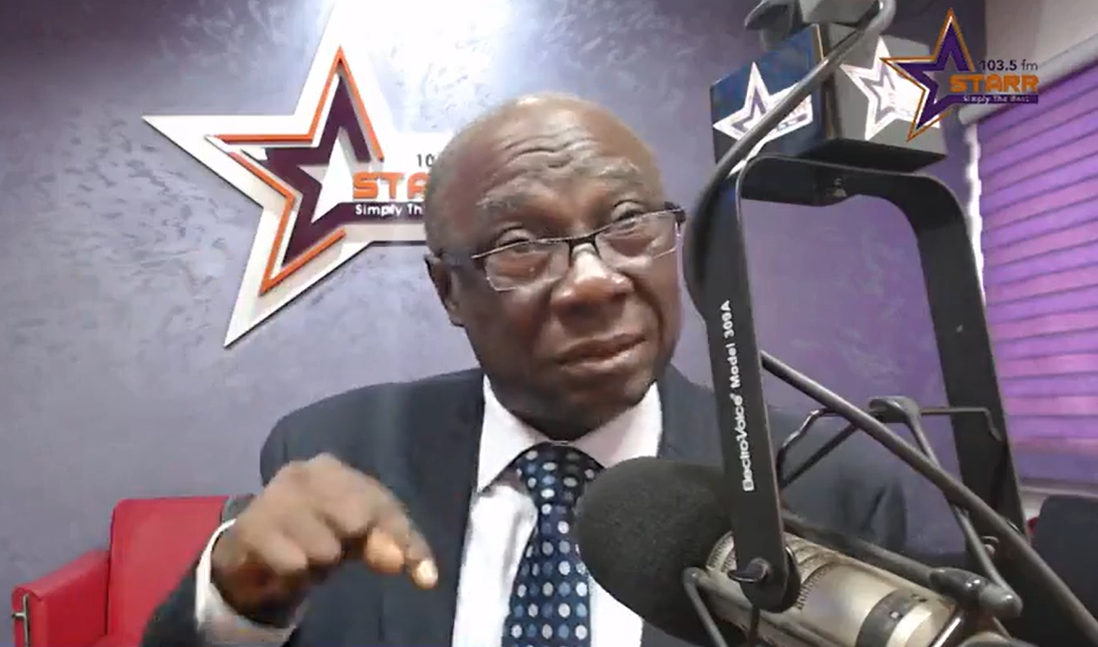Former Power Minister Dr. Kwabena Donkor has cautioned against seeing privatization as the ultimate solution to the struggles of Ghana’s state-owned enterprises (SOEs), arguing that deeper structural and managerial issues must first be addressed.
Speaking in an interview on Morning Starr with Naa Dedei Tettey, Dr. Donkor challenged the notion that privatization is a guaranteed path to efficiency and profitability. According to him, many private companies in Ghana have failed despite being independently managed, highlighting that ownership is not the sole determinant of success.
“Privatization per se is not a panacea. Haven’t private entities failed in this country? So it’s simplistic to see privatization as the only solution,” he asserted.
Dr. Donkor attributed the struggles of many SOEs to poor leadership, weak corporate governance, and undercapitalization. He explained that several state enterprises were not properly funded at their inception, making it difficult for them to operate efficiently.
“A number of them were not even capitalized properly when they were set up. A good example is the Bulk Oil Storage and Transportation Company (BOST). It was not properly capitalized, we just set it up,” he noted.
He also criticized the way board members and chief executives of SOEs are appointed, arguing that political considerations often take precedence over competence and experience.
“The way we appoint boards and the way the boards appoint chief executives, if they are even allowed to creates a system where performance is not prioritized. The certainty of a huge monthly salary, whether the company makes profits or not, becomes a disincentive to hard work,” he said.
To improve SOE performance, Dr. Donkor suggested that salaries for executives should be tied to performance, with a low base salary and additional compensation linked to profitability.
“I don’t mind if a CEO ends up getting $100,000 a month, but only if they are delivering results. If you are incurring losses, why should you be rewarded?” he questioned.
Beyond governance issues, Dr. Donkor called for a critical review of whether some state-owned enterprises should continue operating under government control.
“Must the Ghanaian state be involved in the production of alcoholic beverages when private companies are doing it better?” he asked, referencing GIHOC Distilleries, which made consistent losses while private competitors thrived in the same industry.
According to him, the government must evaluate which SOEs serve a strategic purpose and ensure that those retained are run as serious commercial entities with clear profitability targets.
Dr. Donkor recommended stricter supervision of SOEs and suggested that board members undergo mandatory training before assuming their roles.
“In Namibia, you cannot serve on a government board without passing a test. We need a similar system here to ensure competence,” he proposed.




